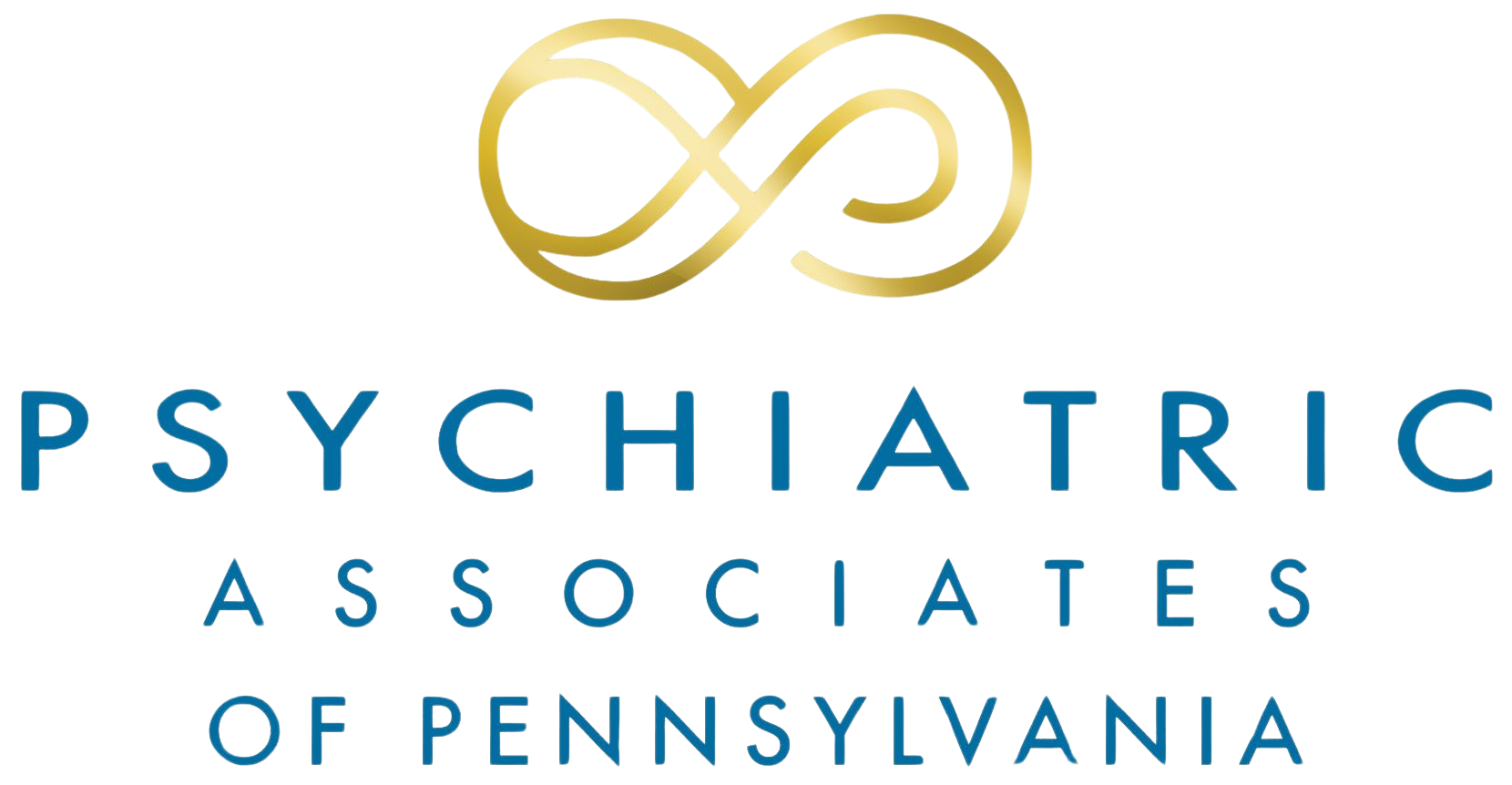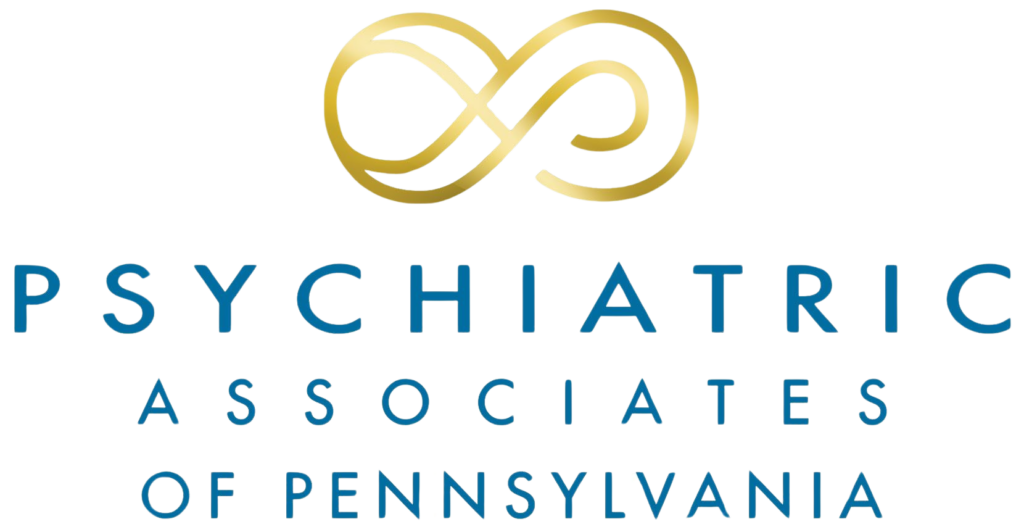What is couples counseling?
Couples counseling provides a structured and supportive environment for partners to explore and resolve conflicts, improve communication, and strengthen their relationship. A trained therapist guides the couple in identifying patterns that may contribute to misunderstandings or dissatisfaction and offers tools and techniques to enhance emotional intimacy and mutual understanding. By addressing issues such as trust, communication, and emotional connection, couples counseling can help partners develop healthier interactions and build a more resilient and fulfilling relationship. It is particularly useful in times of transition or stress, enabling couples to navigate challenges collaboratively.
What are the goals of couples counseling?
The main goals of couples counseling vary depending on the specific needs and concerns of the couple, but they generally include:
Effective communication is crucial in any relationship. Couples counseling helps partners learn how to express themselves openly and honestly, listen actively, and understand each other’s perspectives. The goal is to enhance communication skills to promote better understanding and connection.
Couples often face conflicts and disagreements, and learning how to resolve them in a healthy and constructive manner is important. The therapist helps couples identify and address underlying issues, teaches problem-solving techniques, and promotes compromise and collaboration.
Trust is fundamental in a healthy relationship, and it can be damaged by various factors such as infidelity, breaches of boundaries, or past hurts. Couples counseling provides a supportive environment for partners to express their feelings, work through trust issues, and develop strategies to rebuild trust and create a secure foundation.
Intimacy encompasses emotional, physical, and sexual closeness. Couples counseling explores ways to deepen the emotional connection, rekindle romance, and address any barriers to intimacy. This may involve improving communication, fostering empathy, and exploring ways to meet each other’s needs.
Couples counseling aims to strengthen the overall bond between partners. This involves identifying and building on the strengths and positive aspects of the relationship, fostering a sense of teamwork and partnership, and developing strategies to nurture the relationship in the long term.
Couples often bring unhealthy relationship patterns or dynamics into their partnership. The therapist helps couples recognize and modify these patterns, promoting healthier ways of relating and interacting. This may involve addressing issues such as power imbalances, codependency, or ineffective communication styles.
Couples counseling equips partners with tools and techniques to continue working on their relationship beyond therapy. This includes teaching effective communication skills, conflict resolution strategies, and self-awareness techniques. The goal is to empower couples to navigate future challenges and continue to grow together.
Overall, the main goals of couples counseling revolve around fostering better communication, resolving conflicts, rebuilding trust, enhancing intimacy, and creating a stronger and more fulfilling relationship.
Who can couples counseling help?
Couples counseling can benefit a wide range of couples facing various challenges or seeking to improve their relationships. We work with a wide variety of different races, ethnicities, religions, sexualities and genders. Our goal is to support couples as they navigate and strive to improve communication, trust, and intimacy in their relationship.
Couples who struggle to effectively communicate, frequently misunderstand each other, or have difficulty expressing their needs and concerns can benefit from counseling. Therapy can help improve communication skills, promote active listening, and enhance understanding between partners.
Couples who experience frequent conflicts, have difficulty resolving issues, or find themselves in repetitive patterns of arguments can benefit from counseling. A therapist can help identify underlying causes of conflicts, teach conflict resolution techniques, and facilitate productive discussions.
Couples who have experienced a decline in physical intimacy, face challenges related to sexual desire or function, or struggle to connect on an emotional level can benefit from counseling. Therapy can address issues surrounding intimacy, explore underlying factors, and provide tools to enhance connection and fulfillment.
Couples who have experienced infidelity or struggle with trust and betrayal can benefit from counseling. A therapist can guide the healing process, facilitate open communication, rebuild trust, and work toward forgiveness and rebuilding the relationship if both partners are willing.
Couples who are going through significant life transitions such as becoming parents, adjusting to empty nest syndrome, or dealing with career changes can benefit from counseling. Therapy can provide support, guidance, and strategies to navigate these transitions and maintain a strong relationship.
Couples who are engaged or considering marriage can benefit from pre-marital counseling. This form of counseling focuses on strengthening the relationship, exploring shared values and goals, improving communication, and equipping the couple with tools to navigate the challenges of married life.
Couples who are in blended families and face challenges related to parenting, step-parenting, and co-parenting can benefit from counseling. Therapy can help establish effective co-parenting strategies, address conflicts between family members, and foster a harmonious and supportive blended family dynamic.
Couples who feel unsatisfied, unfulfilled, or stuck in their relationship can benefit from counseling. Therapy can help identify underlying issues contributing to dissatisfaction, explore individual and shared goals, and work toward creating a more fulfilling partnership.
Remember, couples counseling is not solely for couples in crisis or on the brink of separation but can also be beneficial for couples seeking to enhance their relationship, strengthen their connection, and prevent future problems. The key is both partners’ willingness to engage in the process and work together toward positive change.
How can we make the most of couples counseling?
To make the most of couples counseling, here are some suggestions:
Both partners should be committed to the counseling process and actively participate in sessions. This involves being open, honest, and willing to engage in self-reflection and personal growth. Attend sessions regularly and prioritize the time and effort needed to work on the relationship.
Discuss your goals and expectations for couples counseling with your partner and the therapist. Define what you hope to achieve and what specific issues you want to address. This clarity will help guide the therapy process and ensure that everyone is working towards the same objectives.
Use the counseling sessions as a safe space to express your feelings, concerns, and needs. Practice active listening and try to understand your partner’s perspective. Be willing to share honestly and listen without judgment. Effective communication with your partner and the therapist is crucial for progress.
Each partner should take responsibility for their own thoughts, emotions, and actions within the relationship. Acknowledge your own role in the issues and conflicts, and be open to exploring areas where you can make positive changes. Avoid blaming or pointing fingers, and focus on personal growth and accountability.
The therapist is there to provide guidance, insights, and tools for improvement. Be open to receiving feedback and suggestions from the therapist, even if it challenges you or feels uncomfortable. Consider their perspective and try out the strategies they offer, as they are trained professionals with expertise in couples counseling.
Apply what you learn in therapy to your daily life outside of counseling sessions. Practice new communication skills, conflict resolution techniques, and strategies for enhancing intimacy. Consistent effort and application of what you learn in therapy will contribute to lasting change in your relationship.
Couples counseling is a process, and progress takes time. Be patient with yourselves, your partner, and the therapy process. It is normal to experience setbacks or encounter difficult emotions along the way. Stay committed, persist through challenges, and trust in the therapeutic process.
Your therapist may assign homework or exercises for you to work on between sessions. These may include practicing new communication techniques, engaging in activities to foster connection, or reading recommended materials. Take these assignments seriously and follow through with them to maximize the benefits of couples counseling.
Remember, couples counseling is a collaborative effort between you, your partner, and the therapist. By actively engaging in the process, being open to change, and applying what you learn, you can make significant progress in improving your relationship.
What are the different kinds of couples counseling?
There are various approaches and types of couples counseling. Here are some of the common ones:
EFT is a widely used and evidence-based approach that focuses on strengthening emotional bonds between partners. It helps couples identify and change negative patterns of interaction, improve communication, and deepen emotional intimacy.
Imago therapy aims to help couples understand the unconscious dynamics that contribute to conflicts and challenges in their relationship. It focuses on healing past wounds, fostering empathy, and creating a conscious and intentional partnership.
CBCT is a goal-oriented therapy that focuses on identifying and modifying negative thoughts, beliefs, and behaviors that contribute to relationship difficulties. It aims to improve communication, problem-solving skills, and address specific issues such as trust, infidelity, or sexual problems.
SFBT is a brief and future-oriented therapy that focuses on identifying and building on strengths within the relationship. It aims to help couples set specific goals, explore solutions, and create positive change by focusing on what is working and developing practical strategies.
The Gottman Method is based on the extensive research of Drs. John and Julie Gottman. It focuses on strengthening friendship, increasing affection and appreciation, improving conflict management skills, and building a sense of shared meaning in the relationship.
Narrative therapy views individuals and couples as storytellers of their own lives. It helps couples explore the narratives they hold about themselves and their relationship, challenge negative stories, and co-create new narratives that empower and support positive change.
Integrative therapy draws from multiple therapeutic approaches and techniques tailored to the specific needs of the couple. The therapist integrates various theories and interventions to create a customized treatment plan.
It’s important to note that these approaches are not mutually exclusive, and many therapists incorporate elements from different approaches based on the needs of the couple. The effectiveness of each approach may vary depending on the unique dynamics of the relationship and the preferences of the couple. When seeking couples counseling, it can be helpful to discuss with potential therapists about their preferred approach and how it aligns with your goals.
















